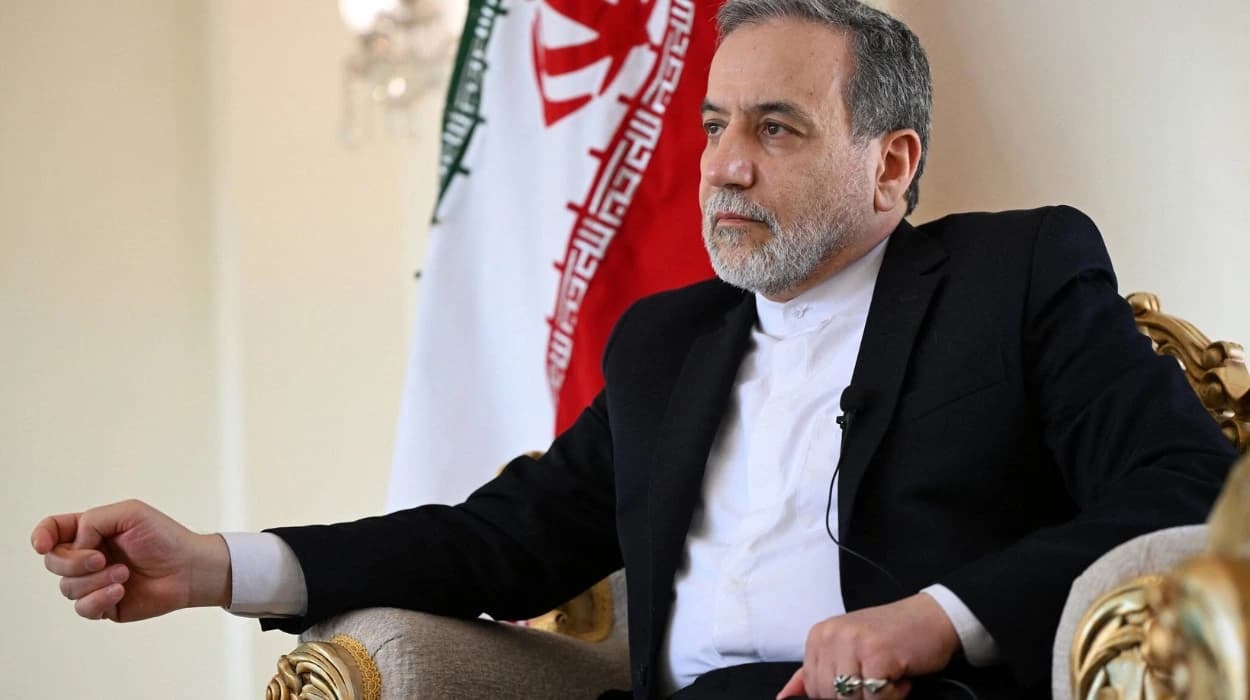Iran has formally denied the American account of recent
talks between Tehran and Washington, describing U.S. claims as inaccurate.
Iranian officials stressed that the details of negotiations are being
misrepresented and maintained their position regarding ongoing diplomatic
engagements with the U.S.
Tehran refutes U.S. narrative on negotiations
As reported by Parisa Hafezi of Reuters, Iranian officials
rejected the U.S. narrative concerning the recent bilateral discussions. A
senior Iranian diplomatic source said the version of the talks presented by the
U.S. does not reflect reality, adding that Tehran's position and outlook on the
talks remain firm and unchanged.
Background of talks and context
The discussions between Iran and the United States have
focused on issues surrounding nuclear agreements, regional security, and
sanctions relief. The interaction is part of a larger, complex diplomatic
process aimed at possibly restoring aspects of the 2015 Iran nuclear deal,
officially known as the Joint Comprehensive Plan of Action (JCPOA).
Iran’s statements come shortly after U.S. officials publicly
detailed their version of progress and disagreements in the talks, aiming to
shape domestic and international opinion on the prospects for renewed
diplomacy.
Iranian official statements on the talks
According to Reuters correspondents, an Iranian foreign ministry spokesperson stated explicitly,
“The U.S. version of the talks is not true. We have a clear and principled position, and any claims otherwise are misleading.”
This statement signalled Tehran's dissatisfaction with the
portrayal of the dialogue by American sources.
The Iranian side maintained that all communications are
subject to ongoing internal deliberations and that premature disclosure by the
U.S. side undermines trust in the negotiation process.
U.S. portrayal and responses
The U.S. has described the talks as constructive but
highlighted significant gaps needing resolution before any agreement can be
reached. U.S. officials, as reported by journalist Parisa Hafezi, emphasised
their continued commitment to diplomacy but acknowledged challenges remain,
particularly over Iran’s nuclear activities and verification mechanisms.
These statements aimed to balance demonstrating diplomatic
engagement while affirming that unresolved issues require further negotiation.
International reactions and implications
The reporting by Reuters further indicated varied
international reactions, with European and regional actors closely watching
developments. The uncertainty introduced by conflicting narratives from Iran
and the U.S. adds complexity to the geopolitical landscape.
Diplomats from European countries, who have been mediating some aspects of the discussions, reiterated the importance of accurate communication and the need for sustained dialogue to prevent misunderstandings from escalating.
